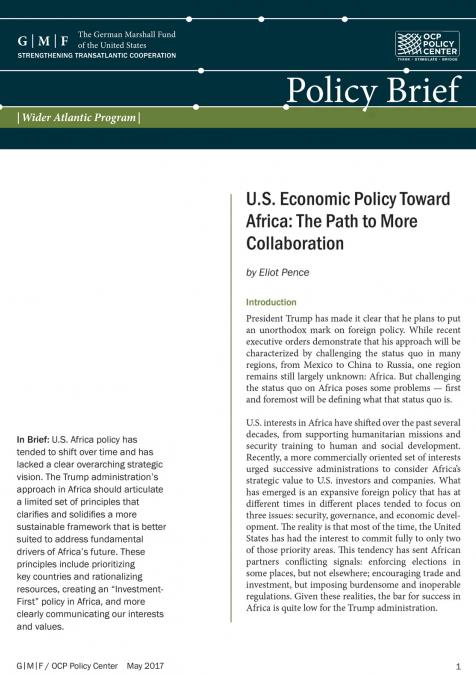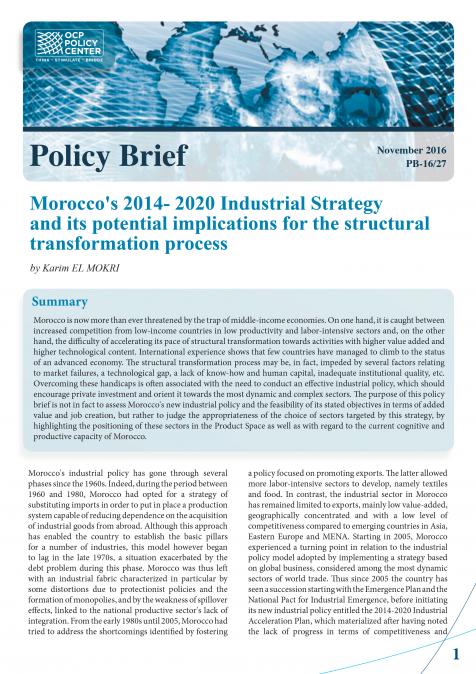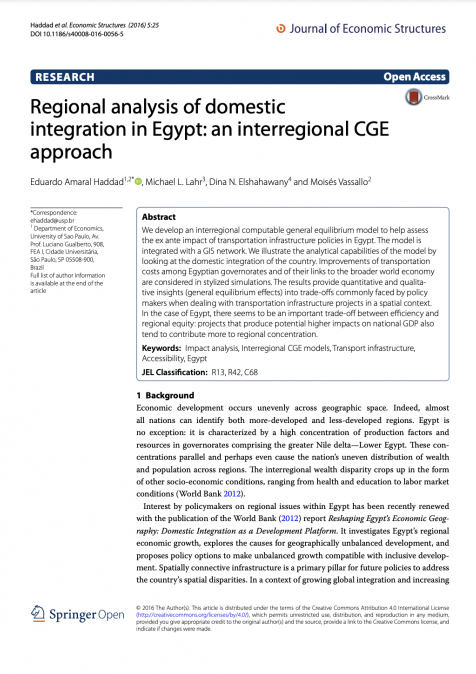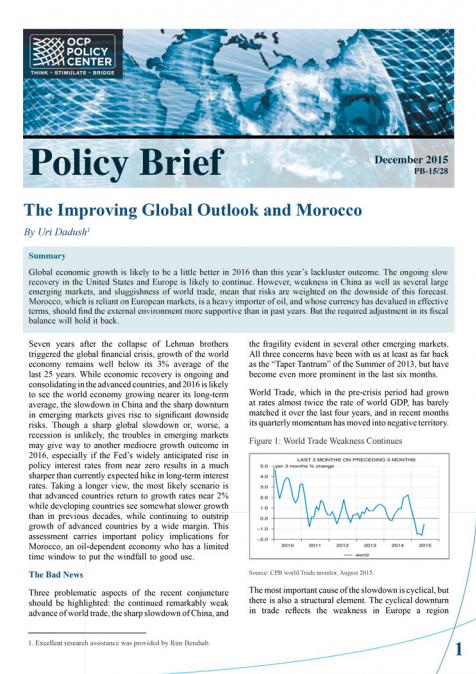Publications /
Policy Paper
Artificial intelligence (AI) is playing an increasingly important role in our daily lives. Having experienced considerable growth in recent years, artificial intelligence corresponds to technologies capable of processing hybrid sources, particularly unstructured data. Complex tasks are thus delegated to increasingly autonomous technological processes, capable of driving economic and social development. In current African society, AI is becoming more popular and seeking to cover all facets of human activity. The adoption and use of these modern technologies in the African context are currently low because of some emerging challenges. These difficulties may have a direct influence on African economic development. In this paper, we highlight the opportunities and challenges facing the adoption of AI technologies in Africa.








